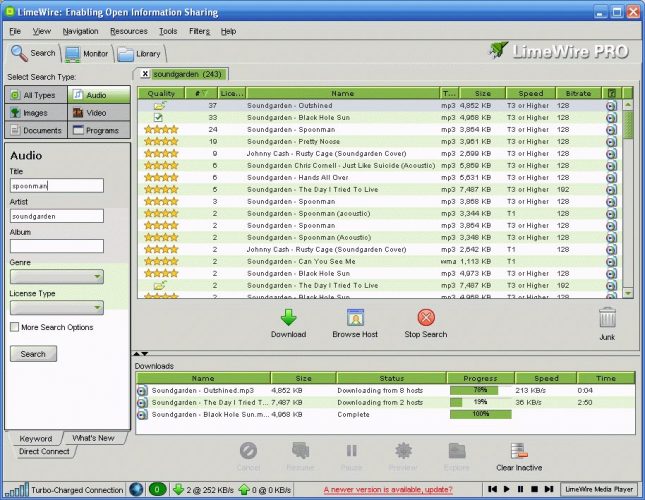

And it's probably that your computer would be infected by Trojan horses when you downloaded one of them. This tutorial will guide you how to transfer LimeWire music to iPhone freely.īut first, you should know that there are too many unsafe results named similar with LimeWire when you search "LimeWire" on Google. Instead of buying music on iTunes to enjoy them on your iPhone SE, iPhone 6s/6s Plus directly, you can transfer LimeWire music to iPhone with a third-party tool and enjoy them on iPhone. Thankfully for musicians everywhere, none of them have taken off in a major way, and several of them have been taken offline in short order.LimeWire is powerful enough to get free music, but you can only enjoy them on your computer. There have been several attempts to resuscitate the program or to create another that operates in almost the same way in the years since Limewire vanished, sometimes with a very similar name. While Limewire was forced out of existence almost immediately -but not before founder Mark Gorton agreed to pay the various record labels involved in legal action against him and his creation over $100 million in damages (which likely still didn’t make up for what had been stolen) -many who understand the technology that helped the service succeed in the first place have worked hard to bring it back, in one form or another. At its peak, there were several million people using the service to collect all the music they wanted, entirely for free, and while it’s impossible to nail down exactly how much all of that collective stealing could have been worth, there were several accounts that claimed it was somewhere between billions of dollars and trillions, though that latter suggestion is difficult to substantiate. One of the biggest stories surrounding Limewire’s takedown was how much money the service may have cost the music industry.


The major battle between the service and the music industry took place between 20, when a New York court ruled in the favor of the record labels (fronted by Arista Records this time around) and the RIAA (Recording Industry Association of America), forcing Limewire to finally shutter in 2010. The music industry was able to go after Napster and force it out of business in a relatively short period of time, but the same can’t be said for Limewire, which was allowed to operate almost entirely unabated for years.


 0 kommentar(er)
0 kommentar(er)
